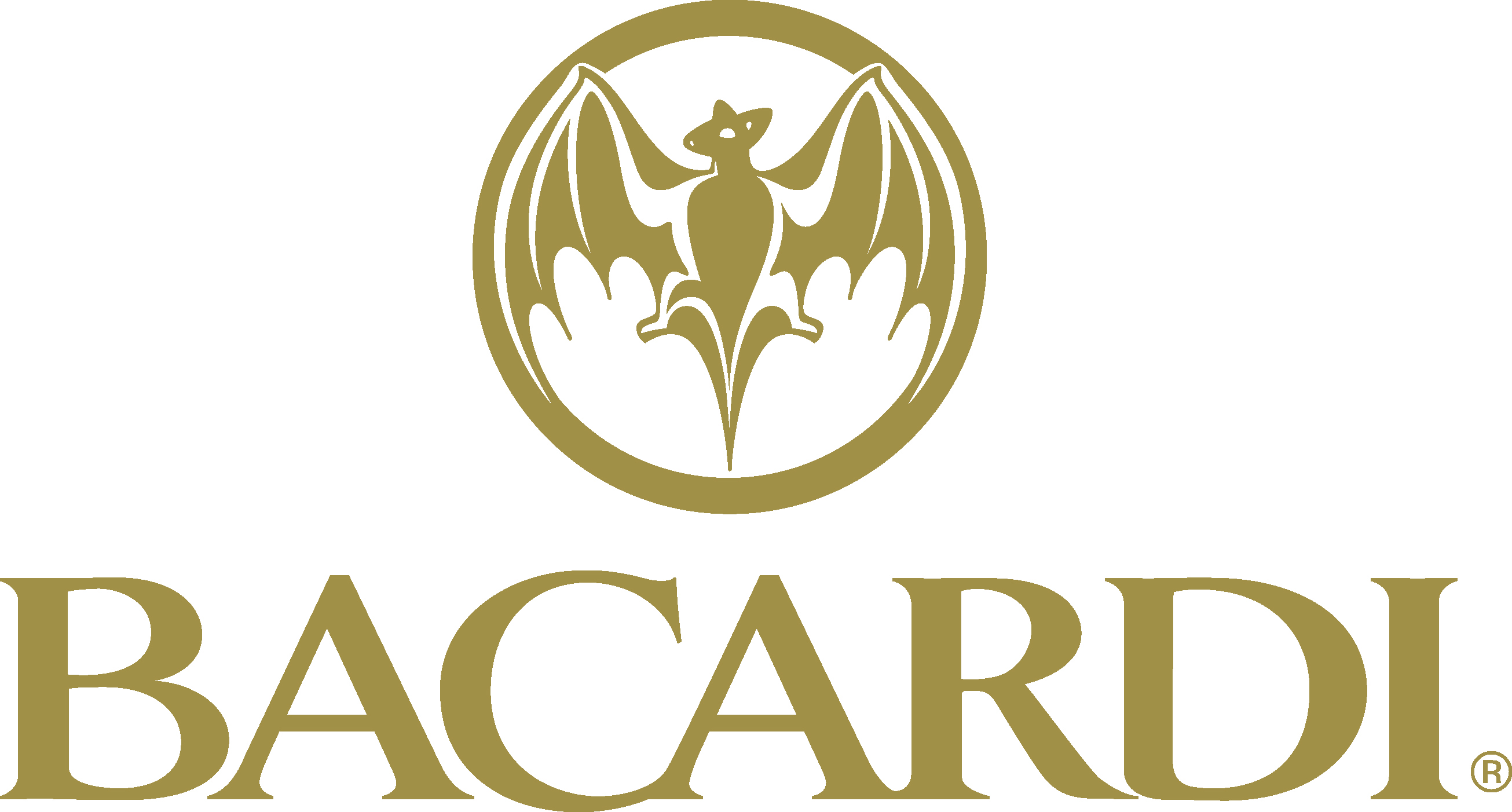Meghalaya: How Bacardi NH7 Weekender Was a Success Story in Sustainability
Last year, with environmentally-conscious decisions, zero-waste and minimal trace policies, the festival was able to have a truly eco-friendly venue
Originally published by Architectural Digest
By Ruth Dsouza Prabhu
Each year, Bacardi NH7 Weekender draws in music lovers with a stellar line-up featuring top musicians, both Indian and international. For each edition, the flagship event is staged in Pune, and several other cities play host as well. Of all, the show in Meghalaya is especially unique. From an architectural point of view, it is a great example of sustainability. Here’s a look at how it made a statement last year.
To ensure that the venue left minimal trace post the event, waste management was also looked into. Skrap, based out of Mumbai, provides sustainable waste management solutions for events and organisations. “We are acutely aware of the impact that large events have on the environment, especially in ecologically-sensitive regions such as the venue in Meghalaya,” says Divya Ravichandran, founder, Skrap Waste Management. “Hence the event made serious efforts to minimise the environmental impact. For Meghalaya, especially, we followed a Leave No Trace policy to ensure the venue is was left in pristine condition after the event.”
An estimated 11.4 tonnes of waste was generated at Bacardi NH7 Weekender, Meghalaya 2018. Of this, 90 per cent was recycled (4600 kg), composted (5245 kg), donated (130 kg) or reused (300 kg). Around 1,200 kg made it to designated landfills. A minimal amount of PVC flex was used across the venue and instead, local and reusable items such as bamboo, wood and cloth were used. The food court areas were disposable plastic-free zones. All food stalls used compostable plates and cutleries. Food stalls participated in the salvage efforts and donated their excess food at the end of each day resulting in 130 kg of donations across the two days. Also in play was a cup reuse policy which was well-received by patrons. Overall, the bars reported that the festival cup usage reduced by a whopping 70 per cent.




